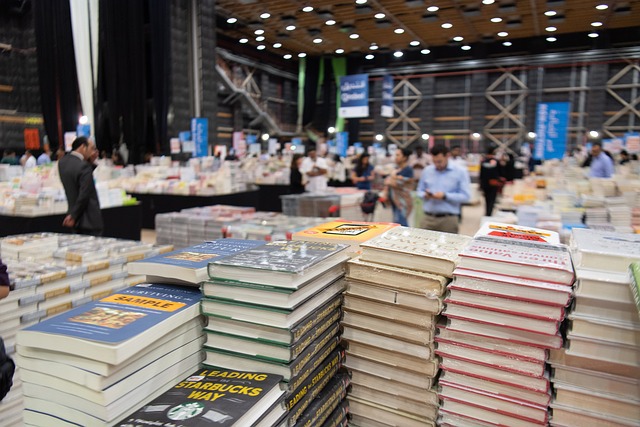A Library Writers Project Book Start to Finish: The Blue Line Letters
Sometimes a book moves through its journey from acquisition to publication quicker than the average two-year timeline, and in the case of our Multnomah County Library Writers Project titles, like the forthcoming The Blue Line Letters, we are on an expedited one-year publication cycle. As the book’s project manager, I’ll take you through what I have been working on with the project team in the first several months of its publication process and give you a glimpse into what comes next.



